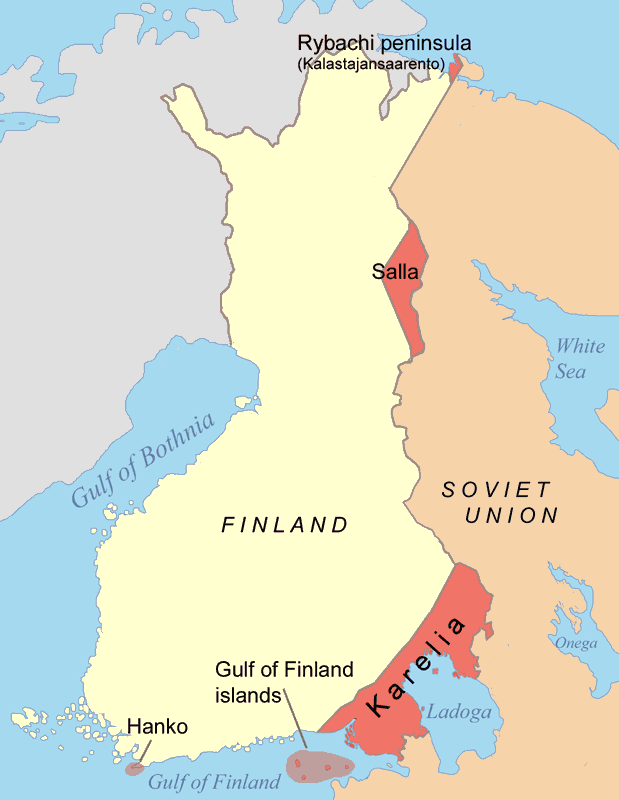This is a very important question world leaders have to ask themselves, mostly because the alternatives are so unpleasant.
Russia will likely win, short term (6-8 weeks) - by pursuing urban siege methods like it did in Grozny and Aleppo. The fact that I am using the word likely, rather than certainly, is in itself something few would have thought 3 weeks ago.
- Russian has 280k men in its ground forces. Putting 150k in Ukraine probably means it doesn't have that many more combat troops to up the ante with.
Russia will likely lose, long term, because it would have to pacify Ukraine. The US military, from Afghanistan and Vietnam, and Russian military, from Afghanistan, know perfectly well how this is likely to play out. Had they managed to depose Zelinsky quickly, it would probably have been risky. Now?
- the nature of conscription exposes Putin politically a lot more than the US's professional army (whether or not conscripts are in Ukraine is unclear) when it comes to combat losses.
Sanctions will keep on biting Russia as well. But it's not like they come for free for the West, with oil @ $120, as opposed to $70 a year ago.
Like it or not, Russia is a nuclear-armed state which severely limits Western military involvement scenarios.
So both parties have incentives to make a deal. Is there anything to deal with?
First of all, remember that negotiators generally go by the principle that a "good" deal has to be seen as unpleasant by both parties.
The following, while not necessarily "fair", seems like it could be a starting point:
NATO formally indicates that Ukraine accession is off the table.
NATO's not really giving up all that much. If they had wanted to grant it, they would have done so already. And, really, it was pushing Russia more than a bit.
Russia gets international recognition for Crimea and Donbass.
That's a huge ask for Ukraine, no doubt. At the same time, the likelihood they'd ever get the territory back is remote. And Crimea, "gifted" to them in 1954, was originally part of Russia and seems somewhat genuinely pro-Russian, however reprehensible Russia's actions have been. Re-absorbing those territories wouldn't be easy, even if Russia gave them up.
(btw, that's Donbass in its 2021 configuration. basically territories not under Ukrainian control in 2021. no more, no less)
Ukraine gets into the EU, without constitutional changes.
That signs them up for the EU's mutual defense protocols and it gets them into a much more prosperous club. That's a huge win for Ukraine.
And also a big climbdown for Putin as it's still in his list of "red lines". However, he can fairly easily "sell it" as saying that Ukraine is not part of a defense pact aimed at Russia. And he can claim the EU will "de-nazify", whatever that means in this context.
The EU on its end has indicated at least some willingness (member states would have to ratify that) and since then it's been cooled down a bit.
IF Ukraine decided to go along with it - I did not say it was fair - and IF Putin managed a bit of rational calculation rather than grandstanding this might start things.
Neither side gives up what anything it really had in 2021. Both get something they really wanted.
War reparations? No, it is cheaper for the West to assist Ukraine than put up with the economic damages due to sanctions.
Dissuading Russia from future adventures? I think it's safe to say that the events of the last 3 weeks have not benefited Russia much. They might rearm to become more competent at high intensity warfare but for now they've learned that they weren't ready for it. They've also seen what an unexpectedly high level of sanctions feel like - had the Western countries shown this kind of resolve 3 months ago, in advance, we'd likely not have this mess (cough, Germany, cough). Think of them as a scalded cat and a very unpopular scalded cat at that.
Russian trustworthiness? That's a bit of a sticking point, given that they've essentially torn up the Budapest Memorandum. But with the Ukraine as part of the EU it would essentially be as off-limit as Finland is right now.
Whether this is something Ukraine would want to contemplate is entirely their decision. So would acceptance on Putin's end. At this point I think both equally unlikely.
Finland was put in the same position in 1941 and 1944 and they're generally regarded as having pulled a rabbit out of the hat. Also due to having bloodied Russia beyond expectations. But giving up Karelia was never "fair" in any sense of the word.
What shouldn't be driving this are Western calculations on how best to contain Russia, by having Ukrainians do the fighting on their behalf.

